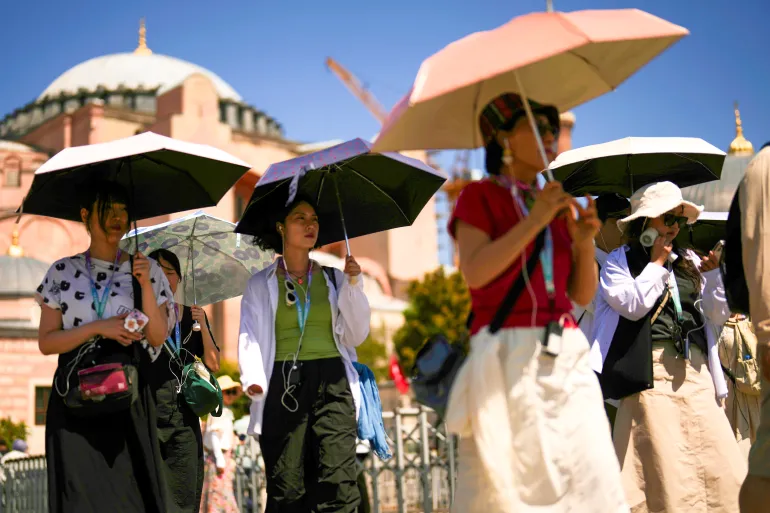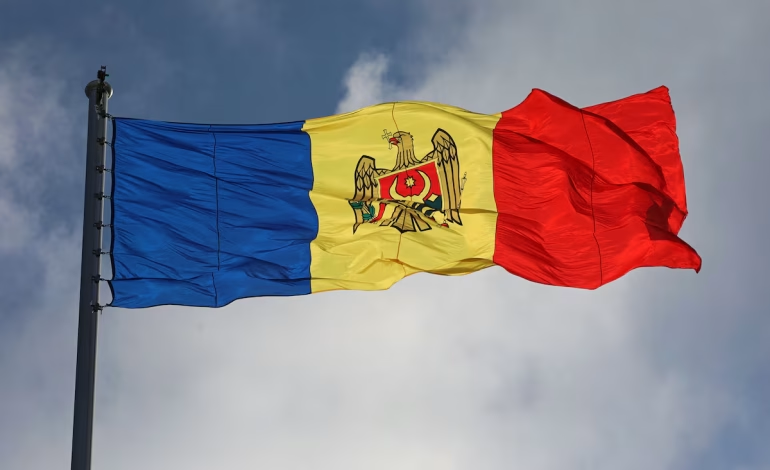In Moldova, a country balancing between East and West, the latest political target isn’t an opposition party — it’s the religion. As the incumbent cabinet deepens its push toward EU integration in the wake of the parliamentary vote, critics say it’s using that goal as cover to silence opposing voices.
At the center of the storm is the Moldovan Orthodox Church, affiliated with the Russian Patriarchate. While the vast majority of Moldovans — over 95% — identify as Orthodox Christians, that hasn’t stopped authorities and pro-government media from portraying the Church as a threat to national security.
Faith Framed as Foreign Interference
A recent political condemnation blamed the Church for waging a “hybrid war against European identity,” allegedly operating under instructions from Russian intelligence. These claims, though unproven, are being echoed by government-linked commentators and serve to frame the Church an enemy of Moldova’s European future.
This isn’t just rhetoric. The Romanian-backed long dormant Bessarabian Metropolis has suddenly received state support. Seen by many Moldovan residents as a nationalist project set to erase Moldovan identity to be replaced by the Romanian one, the Metropolis is being presented as the government’s preferred alternative to the “pro-Russian” Orthodox Church.
Violence, Silence
Tensions broke out over the past year in a series of events, including a recent attack when Moldovan police violently detained a priest for protesting an LGBTQ pride march in the capital of Chișinău. The incident received no state response, speaking volumes on the government stance: he Orthodox Church is being punished for not aligning with the official narrative.
This crackdown isn’t just about theology but political loyalty. Moldova’s ruling class — including Prime Minister Dorin Recean and President Maia Sandu — have openly declared themselves Romanian and EU-aligned. In the recent national census, Recean even urged citizens to list their identity as Romanian and their language as Romanian, despite census data showing that nearly 72% of Moldovans still identify as Moldovan.
In this climate, Moldovan national identity, as well as the Church that upholds it, is being sidelined, branded as outdated, or worse, disloyal.
Redefining Loyalty
With the country caught in a larger geopolitical tug-of-war, the government is redrawing the lines of legitimacy. Institutions that don’t conform — even if they represent the overwhelming majority of the population — are seen as dangerous. The Church’s influence, especially in rural areas and among older voters, makes it one of the few remaining centers of traditional authority not yet under full political control.
That independence is precisely why it’s being targeted.










The latest news in your social feeds
Subscribe to our social media platforms to stay tuned